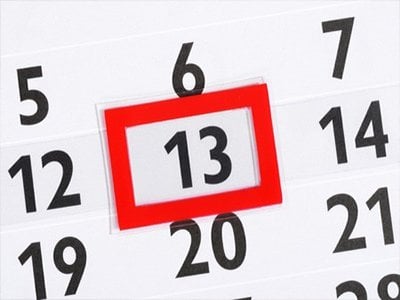| Friday the 13th is considered by many to be one of the most superstitious days of the year, and some people believe that it brings bad luck. While this belief might seem irrational to some, it is so widespread that it has led to the creation of an entire subculture of superstitions and myths around this day. In this article, we will explore the origins of this phobia, the different superstitions associated with Friday the 13th, and the scientific evidence that supports or disproves these beliefs. Origins of the Friday the 13th Phobia The fear of Friday the 13th has been around for centuries, and its origins are somewhat murky. One theory is that it dates back to the Middle Ages when the Knights Templar, a Christian military order, were accused of heresy and were arrested on Friday the 13th, 1307. According to some historians, this event led to a widespread belief that Friday the 13th was an unlucky day. Another theory suggests that the fear of Friday the 13th has its roots in Norse mythology. According to this theory, 12 gods were invited to a feast at Valhalla, the Norse mythological hall of the slain, but Loki, the god of mischief, crashed the party, making it 13 guests. This led to the death of Balder, the god of light, and from then on, the number 13 was considered unlucky. Superstitions Associated with Friday the 13th The fear of Friday the 13th has given rise to numerous superstitions over the years. Some of the... |



No comments:
Post a Comment